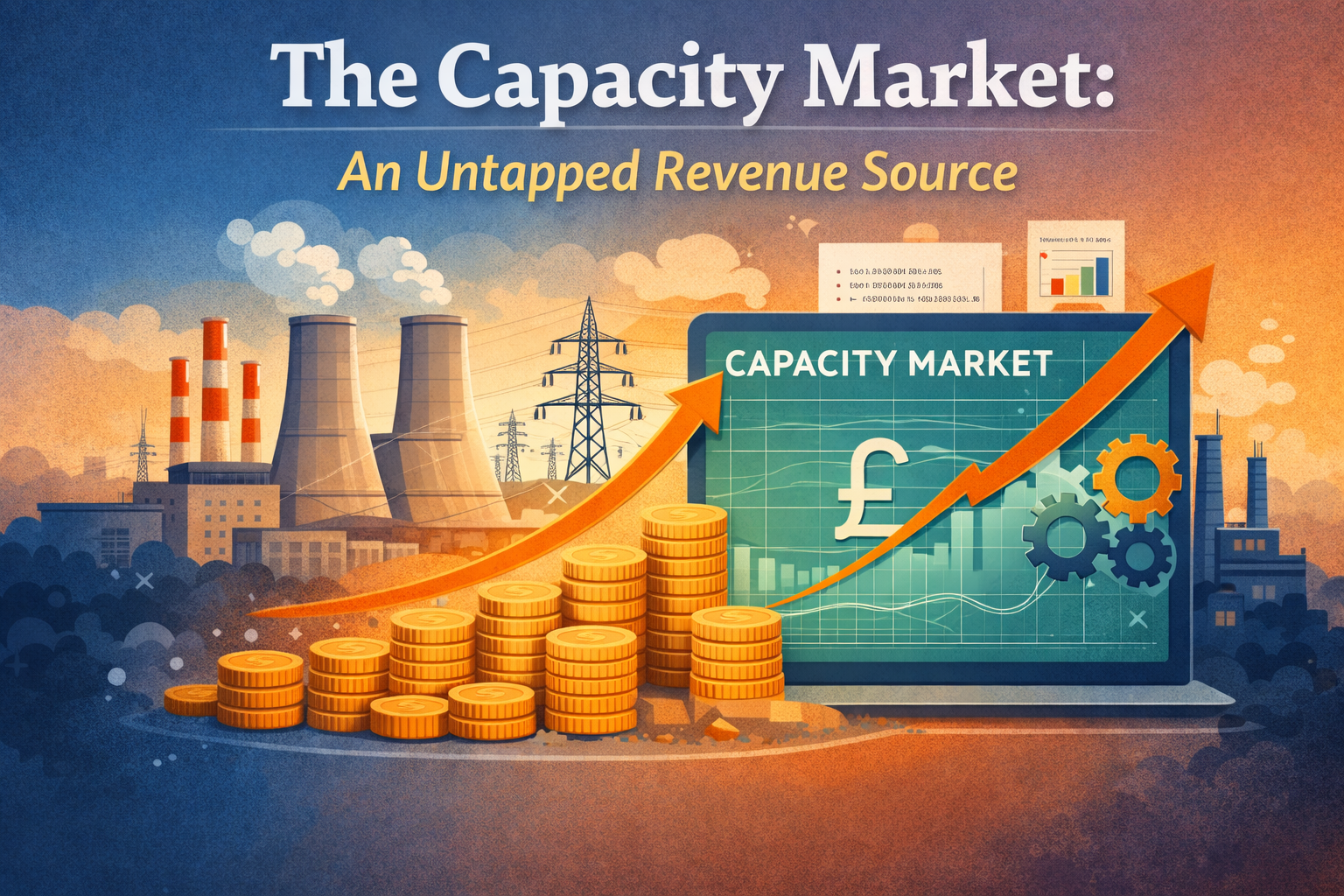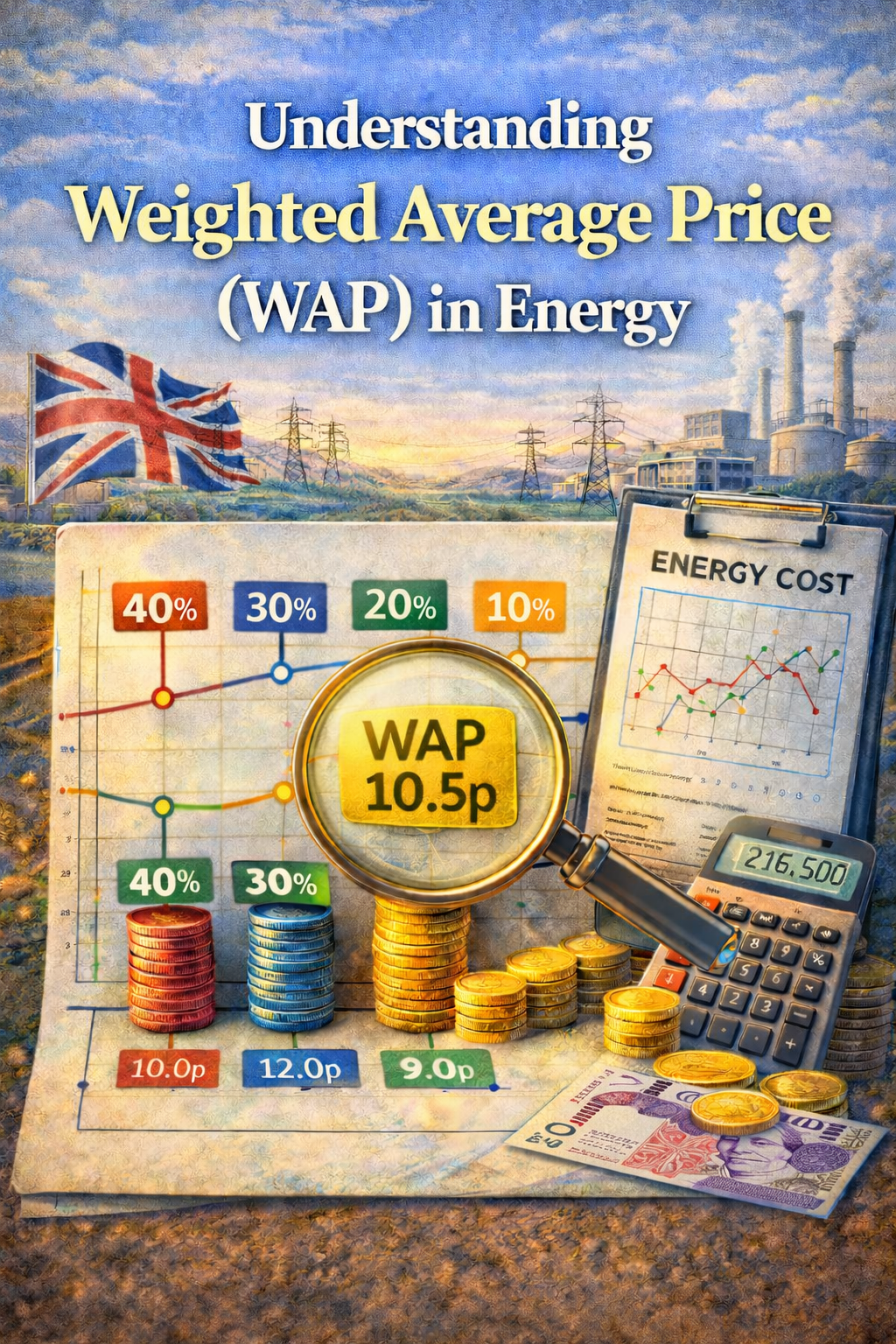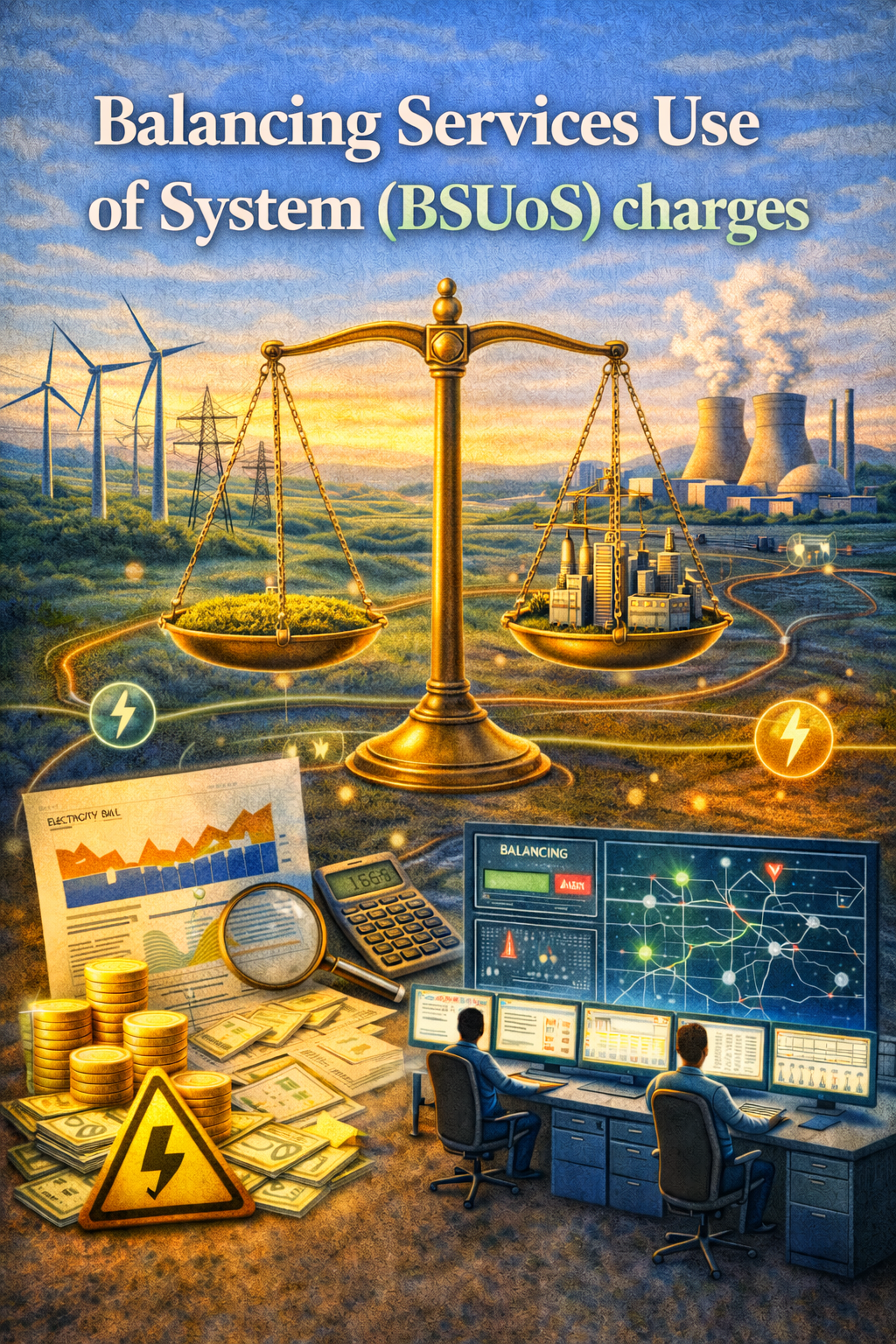How the Iran-Israel Conflict Could Impact UK Energy Prices
How the Iran-Israel Conflict Could Impact UK Energy Prices
By Adam Novakovic
Tensions between Iran and Israel have intensified in recent weeks, prompting renewed concerns across global energy markets — including in the UK. The immediate impact has seen some fear in the markets and prices have risen as a result. Any further signs of escalation that could disrupt global supply routes will likely provoke sharp spikes in wholesale energy prices.
Soon after Israel launched initial attacks and Iran responded, the United States distanced itself from Israel’s aggressive military posturing, urging both sides to engage in diplomatic dialogue and to avoid an extended regional conflict. This initial reluctance to support a drawn-out confrontation has helped calm fears of a broader war, however, there have been some indications that the US position could change. If the US were to become more directly involved, then the outlook would worsen considerably. US involvement would increase the probability of ground troops being deployed in Iran, and of a prolonged war.
Without prolonged hostilities, the energy market should resume its downward trajectory once immediate geopolitical risks fade. Both Iran and Israel lack the resources to sustain a protracted war without foreign support, and most analysts agree that military actions will likely remain confined to missile exchanges, drone activity, and cyber or intelligence-based sabotage, rather than a full-scale ground war.

One of the key global chokepoints under scrutiny is the Strait of Hormuz (see our previous video on the Strait here) — a vital maritime corridor through which roughly 20% of the world’s oil passes. Iranian media had recently floated the idea of a potential blockade of the strait. Although, this appears to be more of a strategic signal than a concrete military plan, likely aimed at testing the international response rather than indicating genuine intent.
Attempting to restrict shipping through the Strait would risk alienating neutral parties and even Iran’s current allies, particularly major oil producers in the Gulf who rely on the free flow of maritime traffic for economic stability. A blockade would also provoke sharp condemnation and possible intervention from Western and regional powers — an outcome Iran cannot afford. Therefore, the likelihood of such a move remains low, though the market will remain sensitive to further speculation around the issue.
From a UK perspective, the timing of this crisis is somewhat fortunate. Britain is far less dependent on liquefied natural gas (LNG) imports during the summer months, but it could disrupt or delay plans to restock the nation’s gas reserves. With other European nations also looking to replenish their reserve levels, it could drive prices higher should a significant part of the global gas supply be seen as a transportation risk.
Looking further ahead, much will depend on how effectively the United States can maintain its diplomatic balancing act. Israel’s military capabilities are reliant on US funding and logistical support. At the same time, Iran faces existential risks if it chooses to escalate the conflict in a manner that might draw the US into direct confrontation. These dynamics suggest both sides have incentives to avoid crossing certain red lines.

While some may look to draw parallels, this situation bears little resemblance to the Russia-Ukraine conflict, where negotiations have stalled despite US diplomatic pressure. In contrast, the Iran-Israel standoff, while dangerous, still contains opportunities for de-escalation. Especially if influential regional powers and the US can exert diplomatic influence.
In the meantime, UK energy markets look set for intermittent volatility. For those who have contracts due for renewal before the end of the year, it may be prudent to look to get quotes now and not risk further escalations driving prices higher. We have seen during previous conflicts that prices can rise sharply, and it can take some time for the fear-based pricing to dissipate from the market.
If your business is looking for advice on how to handle any upcoming renewals or energy purchases, contact us today for free, expert advice.
Contact Us










